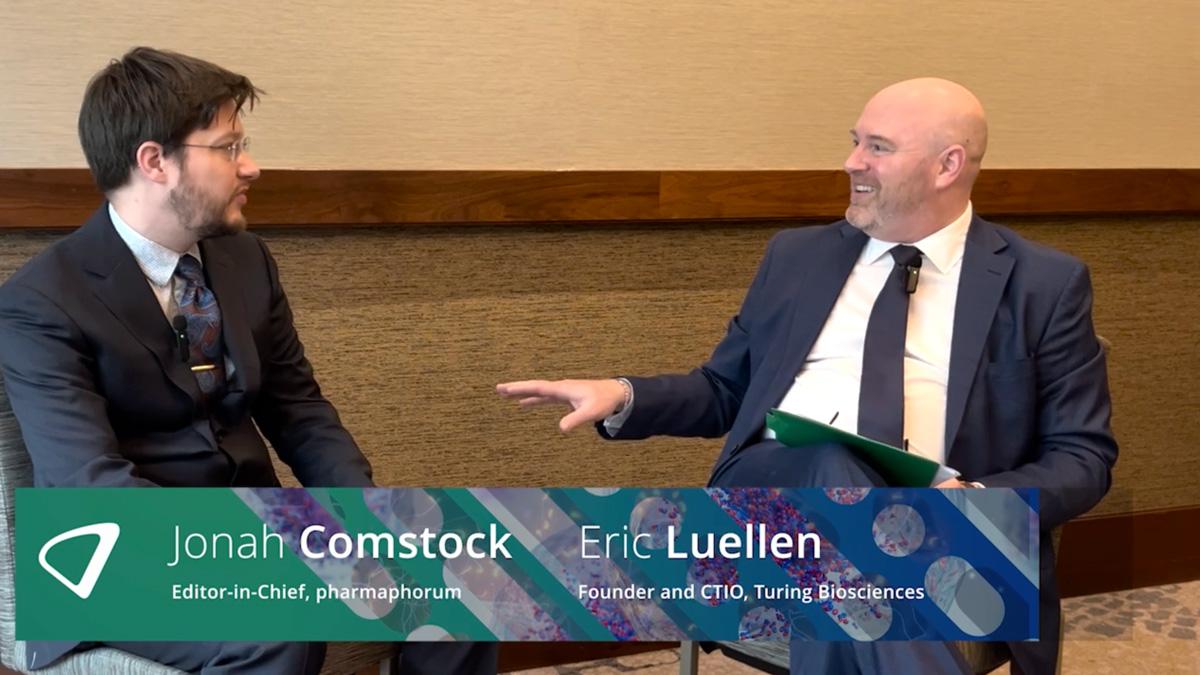Last places on FDA START rare disease programme filled

The last three slots for projects that will be included in the FDA’s new programme to accelerate the development of therapies for rare diseases have been taken by Moderna, Myrtelle, and Calico Life Sciences.
They take the last of seven spaces in the FDA’s Support for Clinical Trials Advancing Rare Disease Therapeutics (START) pilot scheme, joining projects from Denali Therapeutics, Neurogene, Larimar Therapeutics, and Grace Science announced a few days ago.
The START programme is designed to speed the progression to pivotal clinical studies for promising new rare disease treatments through enhanced communication with the FDA on topics like study design, patient population, and statistical methods. The pilot will test whether reducing wait times associated with the formal FDA meeting process can speed up the pace of development.
The FDA has selected Moderna’s mRNA-based therapeutic mRNA-3705 for methylmalonic acidaemia caused by methylmalonic-CoA mutase (MUT) deficiency, a rare, life-threatening, inherited metabolic disorder with no approved therapies.
In almost two-thirds of cases (60%), MMA is caused by a mutation in the MUT enzyme found in mitochondria, the energy-producing organelles of cells. Deficiency in functional MUT impairs the ability of the body to metabolise proteins and fats and leads to the build-up of toxic compounds in the body that damage tissues and organs.
Patients experience a range of symptoms, in severe cases leading to kidney and liver damage that requires a transplant. Without treatment – currently limited to dietary changes and palliative care – patients can eventually fall into a coma and die. mRNA-3705 is designed to instruct the body to restore the missing or dysfunctional MUT and is in the phase 1/2 trial Landmark study in MUT-deficient MMA patients aged one or over.
Myrtelle’s candidate is rAAV-Olig001-ASPA, a gene therapy for Canavan disease (CD), a fatal childhood genetic brain disease caused by mutations in the ASPA gene with no approved effective treatment.
The mutations prevent the normal expression of aspartoacylase, an enzyme critical to healthy brain development including the development of the myelin sheath surrounding neurons, and lead to delayed development, seizures, spasticity, and other complications which can become life-threatening by the age of 10.
rAAV-Olig001-ASPA is an intracranial gene therapy designed to deliver a functional copy of the ASOPA gene to oligodendrocyte cells in the brain that are responsible for producing myelin and is currently being tested in the phase 1/2 CAN-GT study.
Finally, the FDA has chosen Alphabet subsidiary Calico’s AbbVie-partnered fosigotifator (ABBV-CLS-7262) as its final START pilot programme. The drug is being tested in a phase 1b/2 trial for vanishing white matter (VWM) disease - an ultra-rare progressive leukoencephalopathy – and is also in development for amyotrophic lateral sclerosis (ALS).
It is described as an activator of eIF2B, an enzyme that is mutated in VWM and leads to chronic elevation of the integrated stress response (ISR), causing the white matter of the brain to degenerate. People with VWM disease commonly have symptoms such as impaired muscle movement, cognitive decline, seizures, and a shortened lifespan.
START was announced by the FDA last year with the objective to achieve with rare diseases what had been achieved with Operation Warp Speed, set up to deliver COVID-19 vaccines as quickly as possible during the pandemic.
Photo by Clemens van Lay on Unsplash













